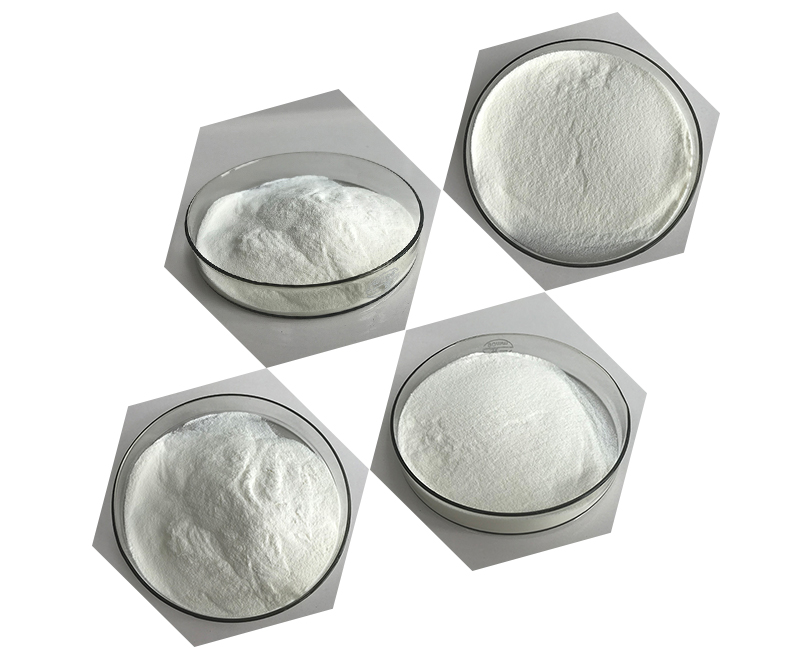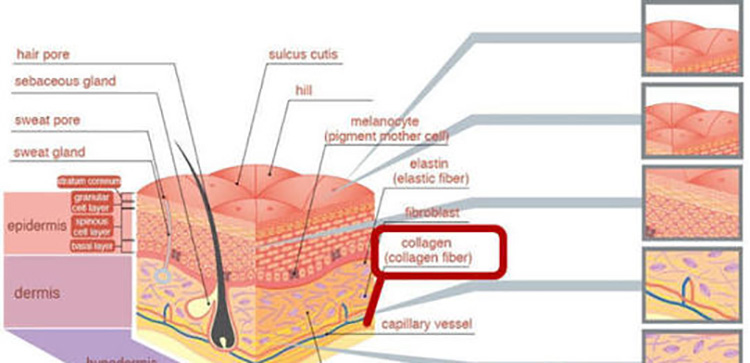Collagen is a protein that is abundant in the body, found in skin, bones, muscles, tendons, and ligaments. It plays a critical role in maintaining the structure and strength of these tissues. Here are some of the main uses and benefits of collagen:
1. Skin Health
- Anti-Aging: Collagen is commonly used in skincare products and supplements to improve skin elasticity and reduce wrinkles. As we age, collagen production decreases, leading to sagging and wrinkles.
- Hydration: Collagen supplements may help improve skin hydration by enhancing the skin’s moisture retention capacity.
- Wound Healing: Collagen is vital in the skin’s repair process, and studies suggest that collagen can help accelerate wound healing.

2. Joint Health
- Collagen supplements may help support joint health by maintaining the integrity of cartilage, which cushions joints. It’s often used for conditions like osteoarthritis and general joint pain.
- Some studies have shown that collagen can reduce joint pain and improve mobility in people with degenerative joint diseases.
3. Bone Health
- Collagen is a key component of bones, and supplementing with collagen can support bone density and strength. This is especially useful for aging individuals or those at risk of osteoporosis.
4. Hair and Nail Growth
- Collagen may promote the growth of healthier hair and nails by providing amino acids that are essential for their development. It also helps improve nail strength and reduce brittleness.
5. Muscle Mass
- Collagen may aid in muscle mass retention, especially as we age. It provides amino acids, like glycine and proline, which contribute to muscle repair and regeneration.
- Some studies suggest that collagen supplementation in combination with exercise can increase muscle mass and strength.
6. Gut Health
- Collagen may support digestive health by helping to strengthen the lining of the gut. Some people use collagen to help with conditions like leaky gut syndrome and other digestive issues.

7. Heart Health
- Collagen plays a role in the structure of blood vessels, and supplementing with collagen may help maintain cardiovascular health by improving the elasticity of arteries and veins.
8. Weight Loss and Appetite Control
- Collagen is a source of protein, and consuming it may promote feelings of fullness and help support weight loss efforts when part of a balanced diet.
Forms of Collagen:
- Powders: One of the most common forms, which can be mixed into smoothies, coffee, or other liquids.
- Capsules or Tablets: Easier to take for people who don’t want to mix powders.
- Liquid Collagen: May be absorbed faster than powdered forms.
- Topical Collagen: Used in creams and serums for direct skin application, though its effectiveness is debated.
Sources of Collagen:
- Animal-based sources: Bone broth, chicken skin, fish skin, and other animal tissues that are rich in collagen.
- Collagen supplements: Hydrolyzed collagen (collagen peptides) is the most common form in supplements because it is broken down into smaller molecules, making it easier to absorb.

Types of Collagen:
- Type I: Found in skin, tendons, and bones, and is the most abundant form in the human body.
- Type II: Found in cartilage, and is crucial for joint health.
- Type III: Found in skin and blood vessels.
- Type IV: Found in the layers of the skin.
- Type V: Found in the cornea of the eye, hair, and placenta.
Using collagen supplements can be beneficial, especially as part of a healthy lifestyle that includes a balanced diet, regular exercise, and proper skincare. However, results can vary, and while some people may experience noticeable benefits, others may not see as dramatic changes.
